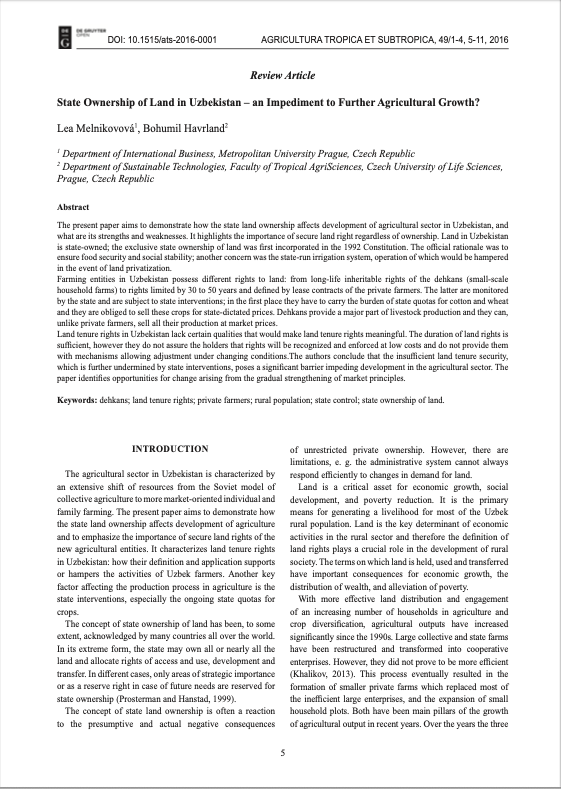Plantations, women, and food security in Africa : interrogating the investment pathway towards zero hunger in Cameroon and Ghana
The paper critically engages with sustainable development goal targets (SDG-2- Target 2.3; SDG-5) to examine how and why large-scale agricultural land acquisitions modify the social relations of women’s food access. The study draws from impacts of various plantation schemes in Cameroon and Ghana. It argues that the framing of the SDG-2 appears to co-exist alongside promotion of corporate-led agricultural investment.






